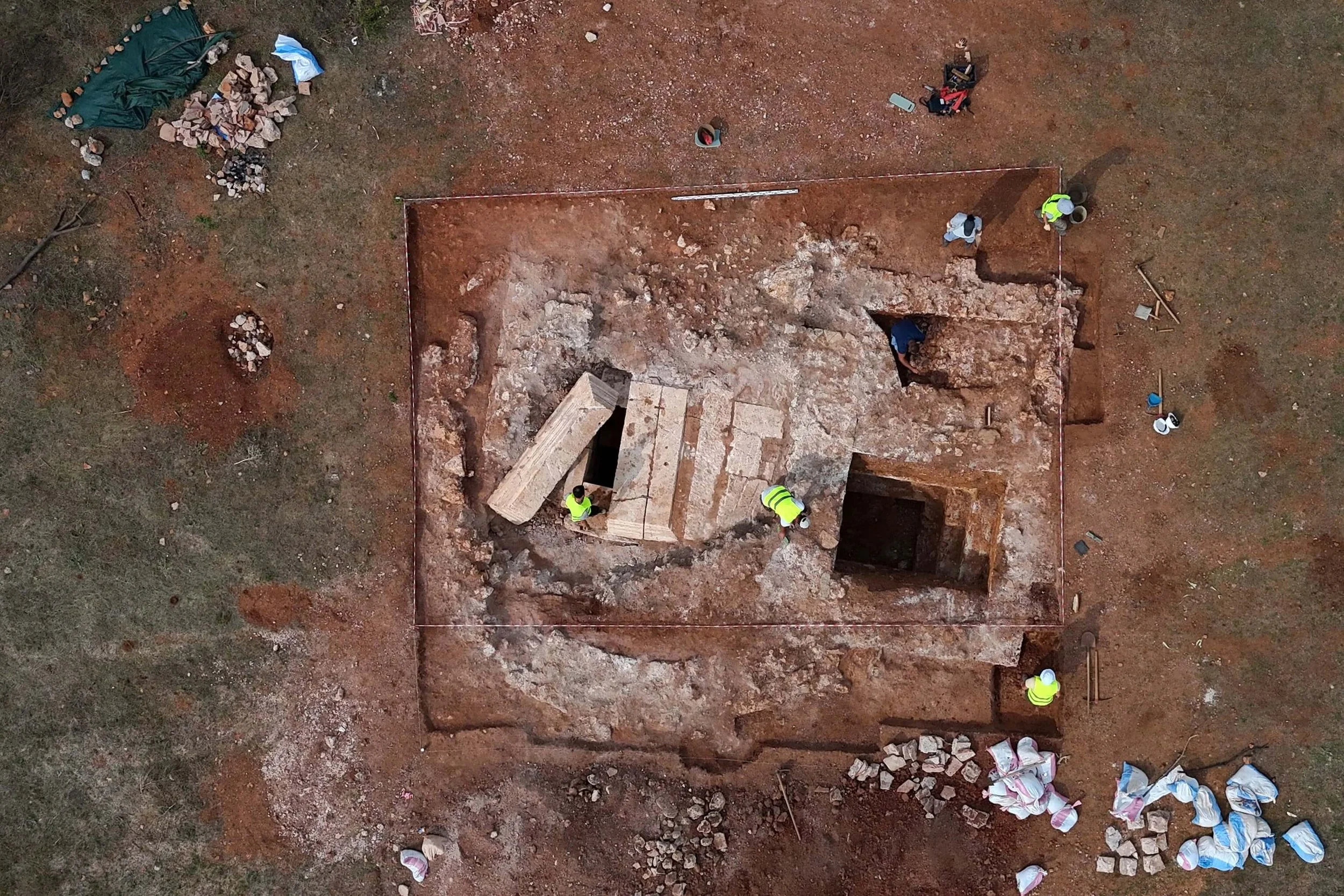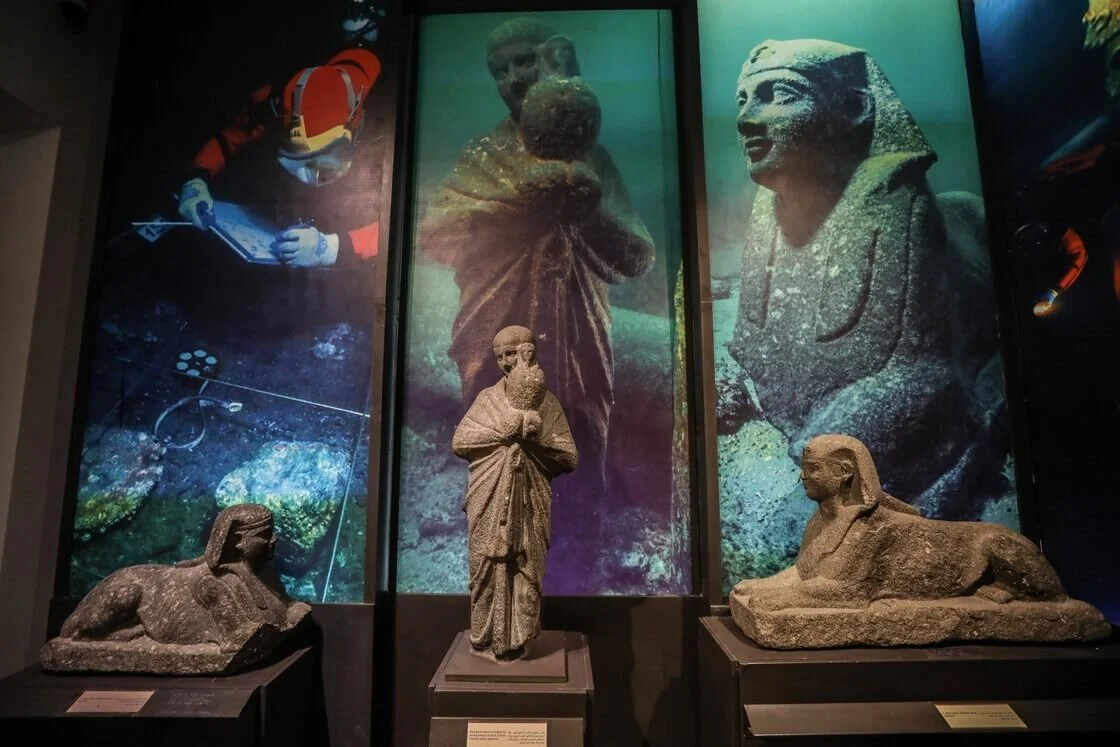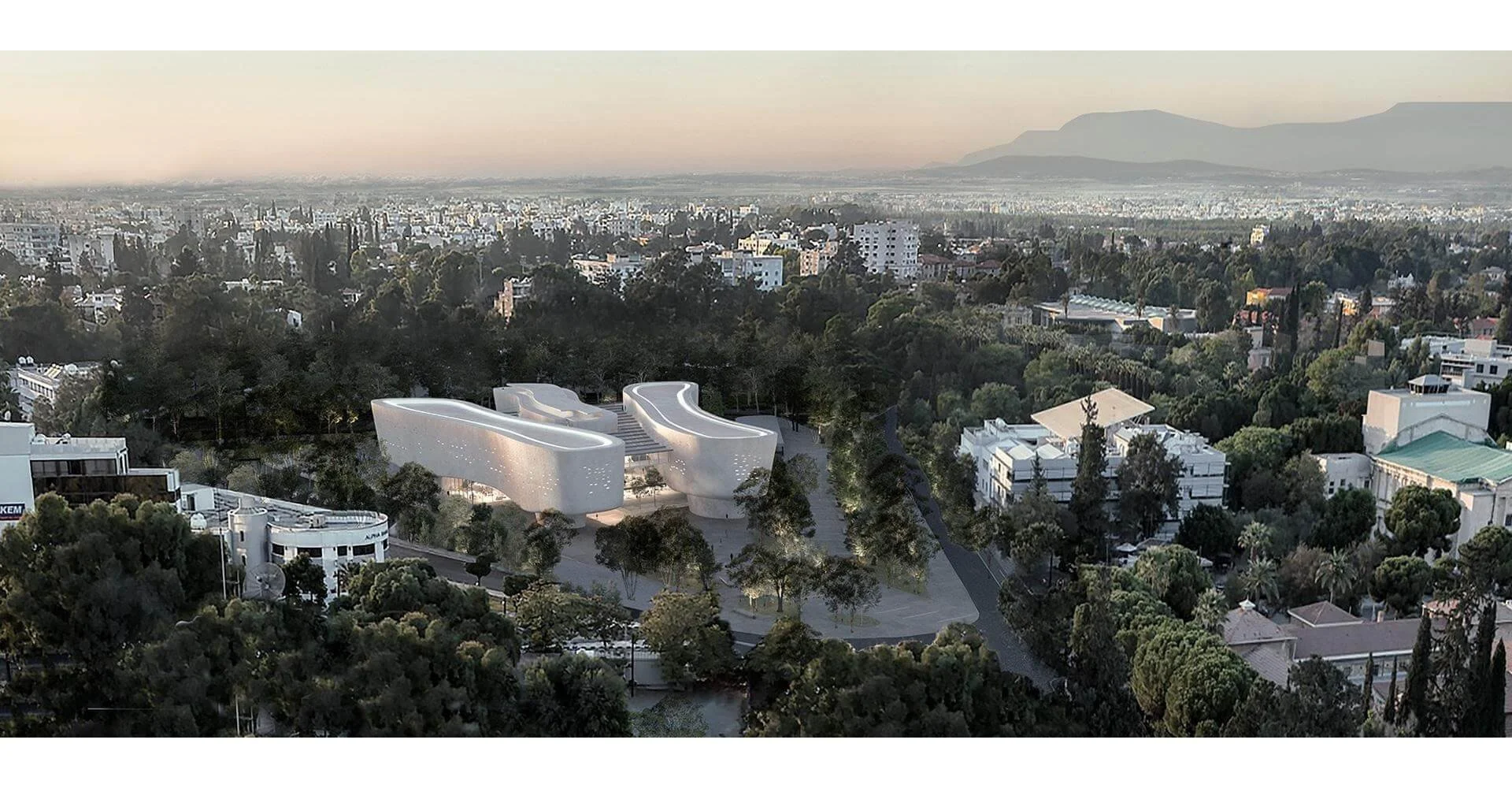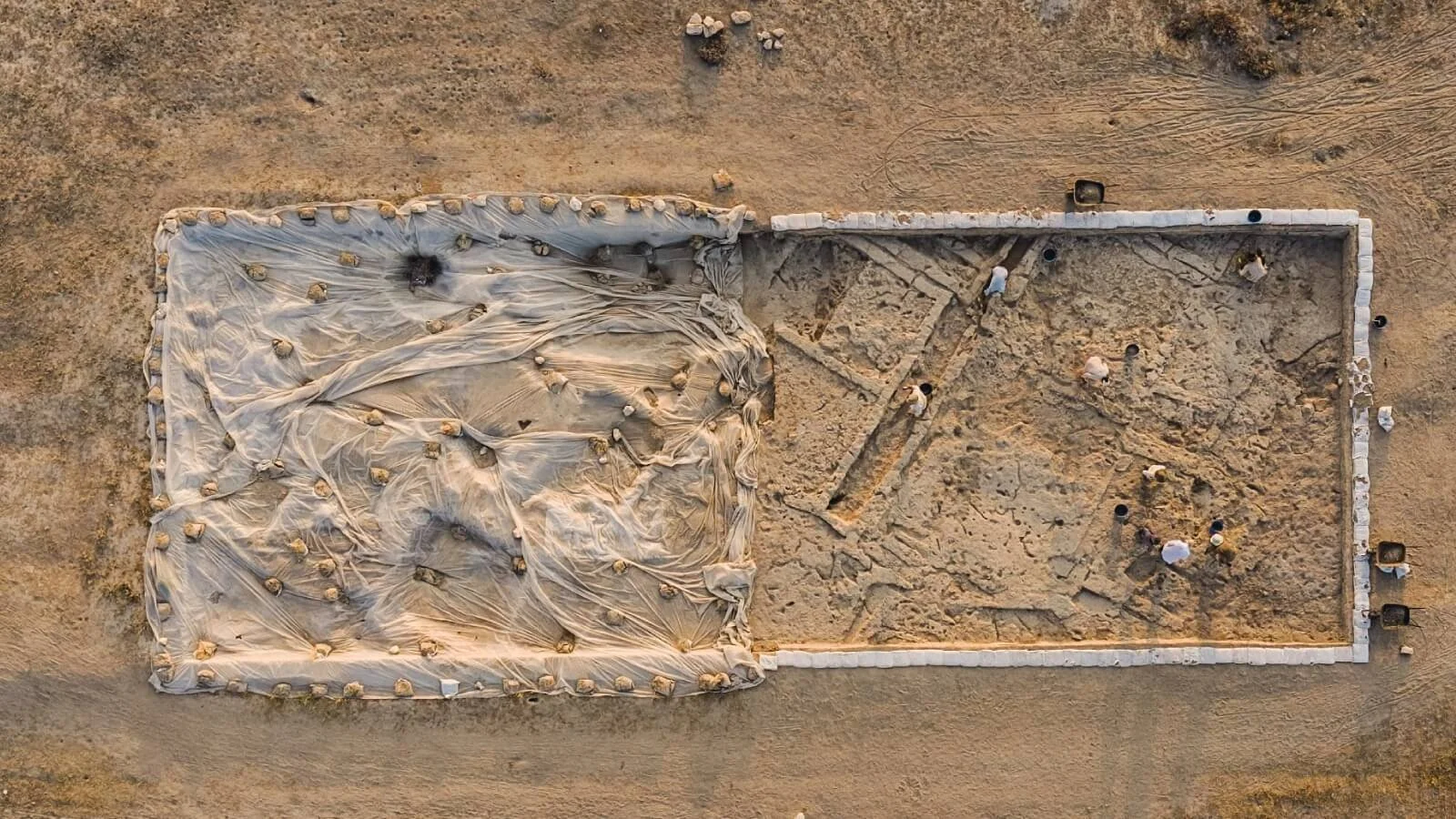Many of the things we use in our daily lives have origins far older than we might expect. You may be surprised to learn that several modern conveniences actually trace back to ancient Greek ingenuity. While these early inventions were far from perfect, they laid the groundwork for the technologies and comforts we enjoy today.
Who would have thought that the alarm clock was first conceived in antiquity, or that the first robot served wine to ancient Greeks? Below are eight remarkable ancient Greek inventions that are still used in some form today—and that helped shape the modern world.
1. The Alarm Clock
An invention essential to modern society, the alarm clock first appeared in ancient Greece during the 3rd century BCE. While today we rely on phones and digital devices, the basic concept dates back over two millennia. The engineer and inventor Ctesibius (285–222 BCE) designed a water clock with a dial and pointer to display time and added a sophisticated alarm system that used pebbles dropping onto a gong.
Even the philosopher Plato (428–348 BCE) reportedly owned a large water clock that emitted a sound similar to a water organ as a wake-up signal.
2. Automatic Doors
What we consider a modern convenience—automatic doors—was first developed in ancient Greece by Heron of Alexandria, a brilliant engineer. In his design, a fire lit on an altar would heat water in a hidden vessel. The expanding steam would push water into a connected tank, causing it to tip a system of weights that opened temple doors.
Heron didn’t stop there—he also invented a coin-operated vending machine and an early syringe!
3. The Odometer
Used widely today to measure travel distances, the odometer was first employed in ancient Greece around 27 BCE. Though the Roman engineer Vitruvius attributed the invention to Heron, evidence suggests that Archimedes of Syracuse (287–212 BCE) was the true pioneer. A mathematician, physicist, engineer, astronomer, and inventor, Archimedes created a device that revolutionized road-building by allowing for accurate distance measurements.
4. The Lighthouse
While no longer as vital as a century ago, lighthouses were crucial navigational aids for millennia. The first known lighthouse was built in Piraeus, Athens’ port, during the 5th century BCE, likely commissioned by Themistocles. It was a simple stone tower with a fire lit at the top.
Later, the Lighthouse of Alexandria, constructed under Ptolemy II (280–247 BCE), became one of the Seven Wonders of the Ancient World. It stood over 100 meters tall and used a furnace at its summit to project light. Though primarily built from limestone, the towering height raises questions about its structural stability.
5. Philon’s Automatic Servant (The First Robot)
The first known robot in human history was created by the Greeks in the 3rd century BCE: a mechanical servant designed by Philon of Byzantium. This robot held a wine jug and could pour drinks with remarkable precision.
Here’s how it worked: the user placed a cup in the servant's hand, triggering a mechanism that allowed air to enter a hidden compartment, letting wine flow into the cup. As the cup filled and became heavier, the airflow was redirected to a water container, mixing wine with water—just as drinkers preferred it.
6. Plumbing and Showers
The Minoans of ancient Crete were pioneers in plumbing, using underground clay pipes for drainage and water supply. Excavations in Olympia and Athens have revealed complex systems for baths, fountains, and even personal hygiene.
Lead piping fed water to showers, which were used in gymnasiums and public baths. A particularly striking depiction appears on a vase showing an athlete using a shower, and remains of a multi-nozzle shower complex were found in a 2nd-century BCE gymnasium in Pergamon.
7. The First Analog Computer – The Antikythera Mechanism
In 1901, sponge divers off the coast of Antikythera discovered an ancient shipwreck containing statues, coins, glassware—and a mysterious device later known as the Antikythera Mechanism.
Originally dismissed as a curiosity, it wasn't until 1951 that British historian Derek de Solla Price recognized its significance. Using X-ray and gamma imaging, he and later researchers uncovered its complexity: the mechanism had 82 components and could model celestial movements.
About the size of a mantel clock, the device had a circular face with rotating dials. A side knob wound the mechanism, activating interlocking gears that moved at least seven hands—each representing celestial bodies like the Sun, Moon, and the five visible planets (Mercury, Venus, Mars, Jupiter, and Saturn). A black-and-silver rotating sphere showed lunar phases, and internal inscriptions explained which stars would rise or set on given dates.
Roman writer Cicero claimed similar devices were built by Archimedes, though some believe Hipparchus, an astronomer from Rhodes, may have been behind it—merging Babylonian and Greek astronomical knowledge.
On the back, spiral-shaped dials with pins (much like a record player needle) displayed a calendar and predicted lunar and solar eclipses.
Conclusion
These ancient Greek inventions were not just technological marvels of their time—they were foundational. From automation to astronomy, the Greeks laid the intellectual and mechanical groundwork for many modern systems. Their legacy continues to shape our world in subtle and profound ways.













